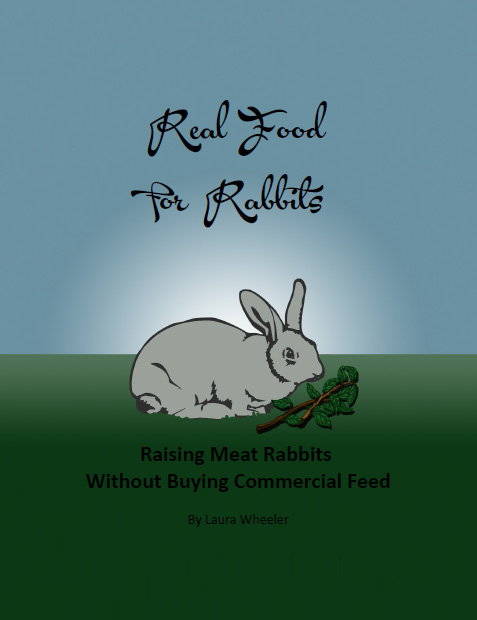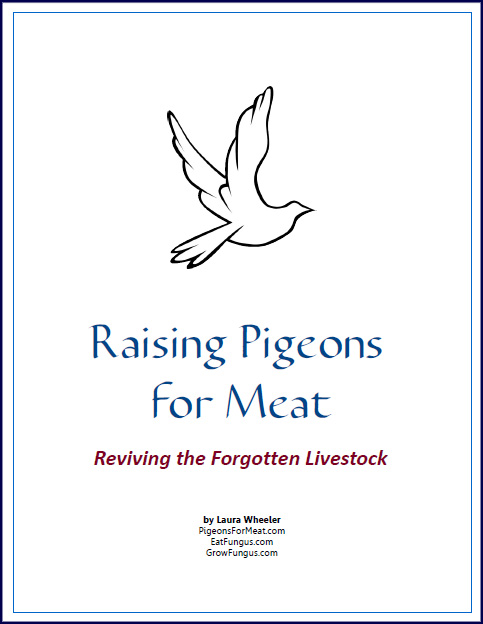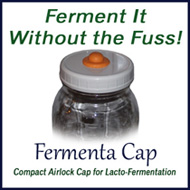Turkeys
Wild Turkeys
(Eastern, Florida [Osceola], Goulds, Merriams, Mexican, Rio Grande)
Wild Turkeys are occasionally available through poultry outlets. State Wildlife management agencies will often contract for them, to release into the wild to boost wild populations. If they have more than they can use, they may be offered for private purchase within the state. In other states, these birds may be regulated, and may require special licensing to own and breed, and generally require banding or other permanent marks to differentiate them from wild populations.
The various varieties of Wild Turkey are generally regional. The breeds most suitable to your region will be those that are already present in your region.
Wild Turkey breeds will have stronger foraging abilities, they will tend to develop a smaller breast and more streamlined body than domesticated breeds, and they fly, very well, and love to roost in trees. They are wide ranging birds, so unless you have a covered range area, that they cannot escape, you may not get them back if you choose to let them free range. They will tame some, and will return to a specified area for feed, but not necessarily on your schedule. A very high game fence will deter them, if forage and feeding opportunities on your side of the fence are abundant.
The up side to that is that they do very well on native range, and even on fairly poor range, though the poorer the range, the more space is required for each turkey to obtain a significant portion of food from the wild.
These specific Turkey breeds are also more aggressive, toms may be combative, especially during breeding season, and they may not do as well if contained with other poultry (especially larger poultry).
For some people, these are the best of turkeys, having flavors and meat qualities that have not been tampered with in an effort to get them to grow unnaturally large.
- Type - meat
- Size - medium
- Production Capacity - seasonal breeders, and slower growers, but good meat producers
- Special Features - most stable genetics of turkeys
- Best for Farms - great for game farms, and for home production of healthy turkey - less suitable for farms selling meat to the public or wanting to sell breeding stock or hatching eggs
- Eggs, Milk, Meat Features - leaner meat than domestic turkeys
- Other Products - some market for feathers
- Historic or Contemporary Significance - the birds that Benjamin Franklin thought suitable to be immortalized as our National Symbol instead of the Eagle.
- Housing and Space Requirement - need room to move around, and do best with forage
- Regional Adaptations - Specifically adapted to their native region.
- Feed Requirement - require more greens and insect proteins than domestic birds for best fertility and health
- Other Considerations - Where licensing is required to own and breed Wild Turkeys, documentation of all hatchings, slaughterings, sales, or losses are required, as is containment that ensures that your populations do not mix with wild populations.
A NOTE ABOUT TURKEYS:
Turkeys are typically raised in some degree of confinement, though many have some access to pasture (not sufficient for significant feed contribution). In this situation, and where breeding emphasizes the ability to rapidly gain weight over all other traits, Turkeys have lost much of their foraging ability. The wonderful thing is though, that these instincts can be sharpened right back up, simply by making a variety of foods available, and by reducing pre-mixed feeds so the birds are required to vary their diet.
Turkeys are omnivores, and eat pretty much anything, including bugs, small rodents, vegetables, weeds, fruits, grains, seeds, nuts, etc. They are most fertile with a healthy amount of animal or insect proteins, and they are healthiest when they have plenty of greens to forage.
Turkeys may be fed a variety of those items, generally smaller seeds and smaller pieces of vegetation (dried or fresh) from the time they hatch. They will usually eat what is familiar, and it may take several exposures to get them to eat a new thing if they have been fed commercial feeds (this is true of most animals). But with repetition, those things which are good for them will eventually be consumed, and they will be willing to eat an amazing variety of foods, and to hunt and forage for a large portion of their own food if good forage is made available. Not only does their foraging instinct sharpen up, but they quickly learn to self-regulate their nutritional needs (provided a variety is available) and they will rarely eat anything that is harmful for them once they are practiced at eating forage foods (the exception is if you chop and mix foods and thereby force them to eat the bad along with the good, or if there is nothing else for them to eat but harmful foods). Animals are smart when we let them be!
Many Heritage breeds are smaller than the breed standard calls for since they have not been bred for productivity for many decades. Selective breeding for several generations will restore production traits, and other utility traits, and restore not only the breed names, but the true value of the breed.
Male Turkeys can always be aggressive in breeding season, and some may be just out of general cussedness. An angry Tom is nothing to be casual about. Hens can be defensive when brooding. Even "calm" breeds will have these issues, they are animals that protect their territory and their young. Respecting that makes it easier to raise Turkeys without unpleasant confrontations. More aggressive toms and hens also are better defenders against predators, so there is a definite trade-off.
The Americal Poultry Association claims that there is only one breed of turkey, and many strains. Their definition of a breed versus a variety seems to contradict their position where turkeys are concerned. We, and a number of other authorities which have as much right to define them as the APA does, feel otherwise, and refer to the majority of Turkeys as Breeds rather than Varieties.
 Click to Download Your Free Heritage Pickling and Culturing e-Book Now!
Click to Download Your Free Heritage Pickling and Culturing e-Book Now!
Instant Download, NO Registration Required!






